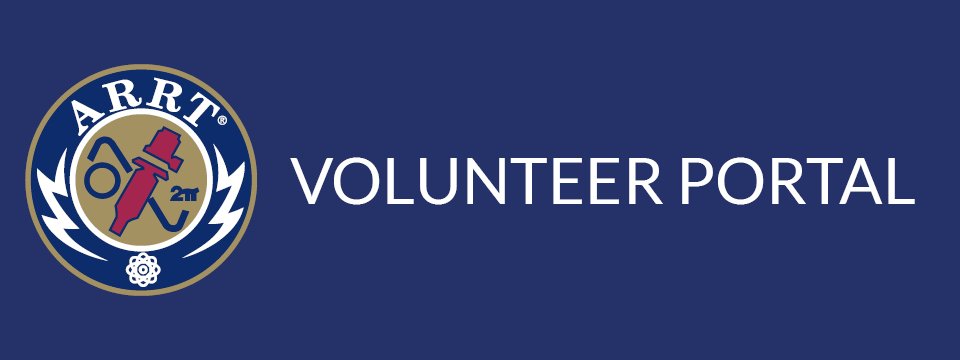ARRT staff and volunteers strive for diverse, inclusive, and respectful language when writing and evaluating test items (questions). In an article for The Institute for Credentialing Excellence, Senior Accreditation and Program Manager of the Board of Certified Safety Professionals Susan Gould stated:
Despite best intentions and efforts, some language can be construed as insensitive or biased, which can impact candidate experience and performance, as well as employee engagement and sense of belonging in organizations. Using terminology and language that is accurate and unbiased helps create a more positive experience for candidates, staff and stakeholders.*
It is important to educate ourselves about intimidating, insensitive, and biased language. For example, when writing or evaluating a test question, consider whether gender is clinically relevant. To actively avoid bias, think about what pronouns fit best in the context of the question. Using "they," "them," or "their" may be more appropriate than using "she" or "he."
Growing more aware of others and their needs for inclusiveness helps medical professionals provide better patient care. The American Psychological Association's Inclusive Language Guidelines is just one example of a resource with numerous definitions and examples of inclusive language. We have the responsibility to provide equitable and inclusive test items by regularly reviewing and utilizing reliable resources on inclusive language and bias. Reach out to us at volunteers@arrt.org if you have any questions or suggestions on this topic.
Resources:
*Integrating Inclusive Pronoun Usage in the Credentialing Industry: Item Writing, Training and Policy (credentialinginsights.org) 12.14.22 By Susan Gould, CSP, ICE-CCP, Ajolique Jude, ICE-CCP
Inclusive Language Guidelines (apa.org)


